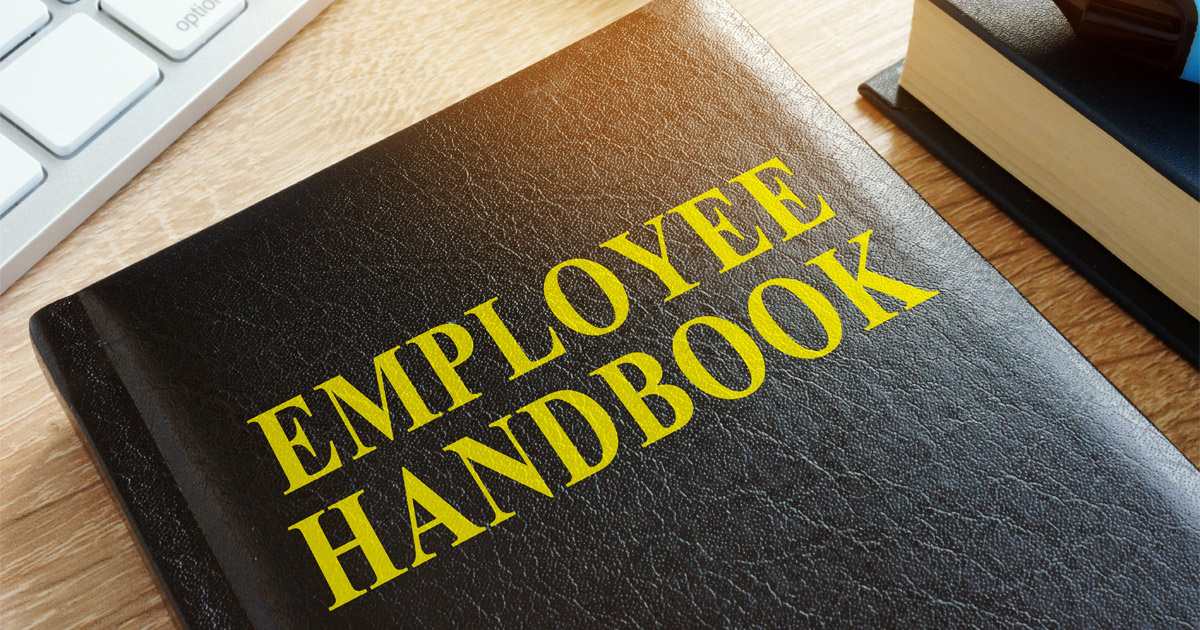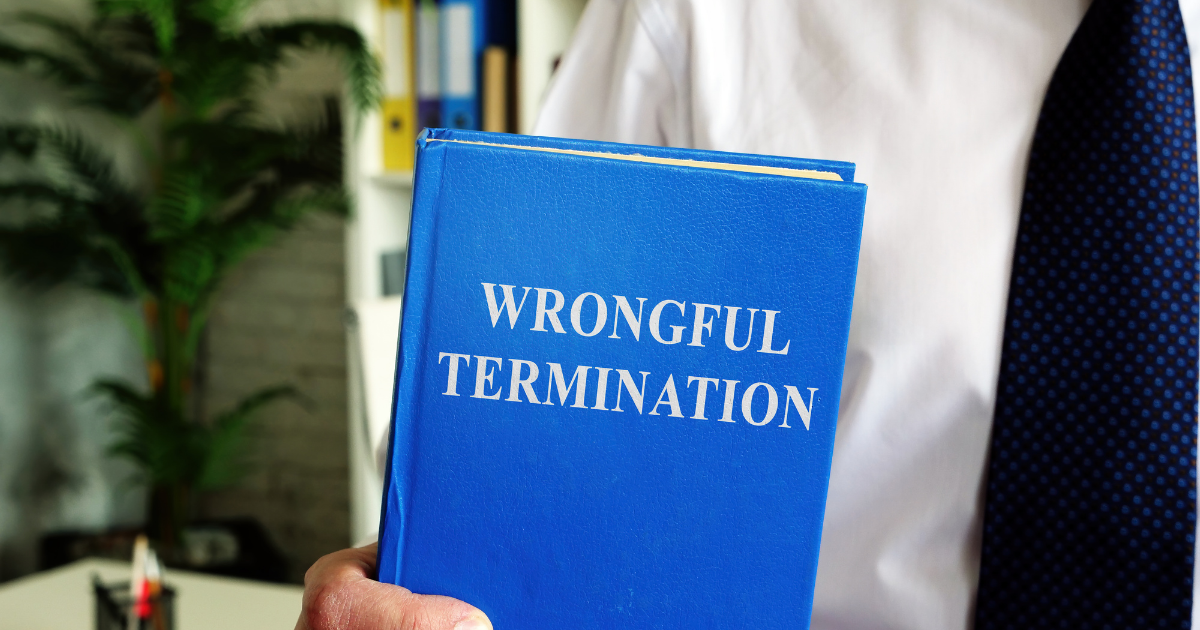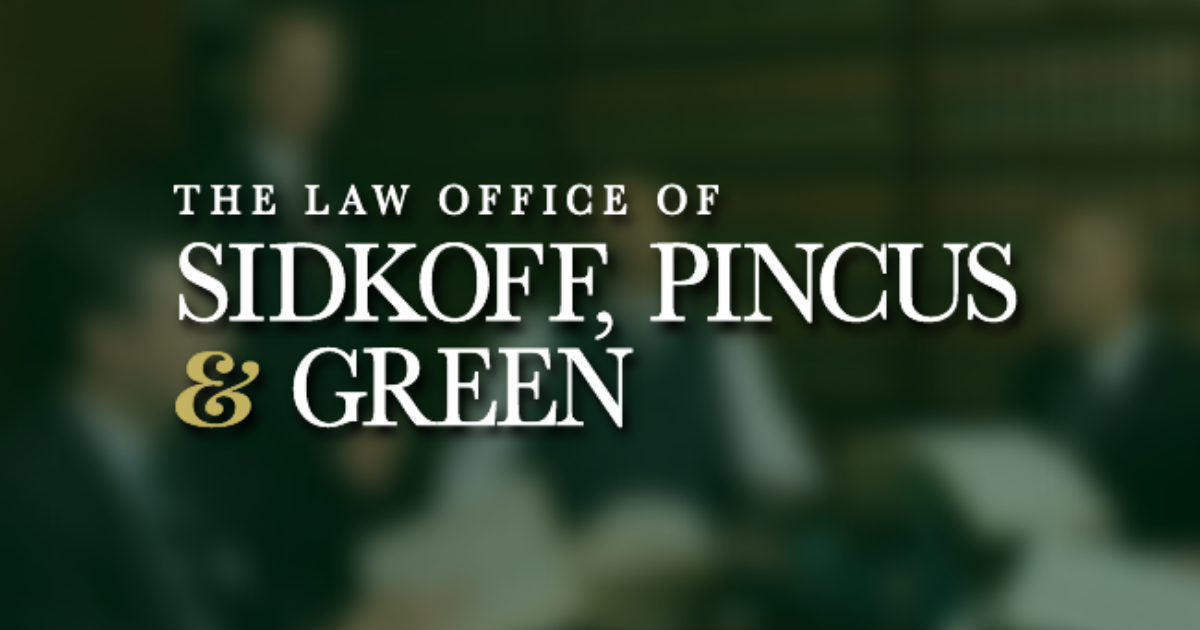How Whistleblower Protections Strengthen Corporate Ethics and Transparency?

Whistleblowers play a critical role in exposing unethical or unlawful behavior in the workplace. By bringing attention to misconduct, fraud, or other violations, whistleblowers help ensure that organizations remain accountable and aligned with legal and ethical standards. However, coming forward with such information can be daunting, especially if workers fear retaliation or job loss. That is why whistleblower protections are not only necessary for individual employees but also for fostering a culture of integrity and transparency across corporate environments.
The Role of Whistleblower Protections in Promoting Ethical Workplaces
Whistleblower protections serve as a foundation for ethical corporate conduct. When employees know they have legal recourse if they are punished for reporting wrongdoing, they are more likely to come forward. This transparency holds organizations accountable and deters misconduct before it becomes widespread or irreparable. These protections signal to both employees and employers that ethical behavior is not optional—it is expected.
Without these legal protections, many employees may remain silent out of fear of retaliation. This silence can allow unethical practices to persist unchecked, undermining employee morale, public trust, and financial stability. When organizations embrace whistleblower protections, they send a message that internal accountability is just as important as external success. Encouraging internal reporting mechanisms supported by strong legal safeguards can even reduce the likelihood of public scandals, regulatory penalties, or long-term reputational harm.
For workers, understanding that their rights are protected if they report fraud, harassment, safety violations, or other misconduct empowers them to act without fear. This proactive culture not only improves day-to-day working conditions but also reinforces the importance of ethical decision-making at every level of the organization. Employers who support whistleblower protections often benefit from increased employee trust, lower turnover, and better compliance outcomes.
Transparency as a Byproduct of Legal Protections
Whistleblower laws do more than protect individuals—they drive systemic transparency within organizations. When a workplace encourages open reporting and protects those who come forward, it is more likely to uncover problems early, address them promptly, and prevent recurrence. In doing so, companies can demonstrate a commitment to ethical operations and internal accountability.
Transparency is not just a matter of public image; it is a powerful operational tool. A transparent organization can more effectively identify areas for improvement, eliminate waste or fraud, and implement more responsible business practices. Whistleblowers are often the first to spot signs of inefficiency or wrongdoing, and their willingness to speak out provides valuable insights into organizational health.
When protections are clearly defined and enforced, whistleblowers can report issues internally through secure and confidential channels. This helps organizations respond before problems escalate or attract outside scrutiny. In some cases, whistleblower reports have led to the revision of internal policies, enhanced training programs, or the removal of individuals engaged in unethical conduct.
Transparency fueled by whistleblower actions can foster a more inclusive workplace. When all employees feel heard and respected, regardless of their role, it promotes a sense of shared responsibility for the organization’s ethical direction. Employees are more likely to report misconduct when they see others being protected for doing the same, creating a culture of mutual accountability and openness.
Employers have a responsibility to create systems that support whistleblowers. This includes clear reporting procedures, non-retaliation policies, and regular communication about employee rights. Legal professionals can be instrumental in helping both employers and employees understand the scope of whistleblower protections and how they apply in specific workplace settings.
Philadelphia Whistleblower Lawyers at Sidkoff, Pincus & Green P.C. Will Help You Today
If you have questions about whistleblower protections, speak with the Philadelphia whistleblower lawyers at Sidkoff, Pincus & Green P.C. Contact us online or call 215-574-0600. Located in Philadelphia, we proudly serve clients in South Jersey, Pennsylvania, and New Jersey.

























 A federal judge recently ordered Lloyd Industries to pay the largest punitive award ever given under the Occupational Safety and Health Act (“OSH Act”) after two employees were
A federal judge recently ordered Lloyd Industries to pay the largest punitive award ever given under the Occupational Safety and Health Act (“OSH Act”) after two employees were